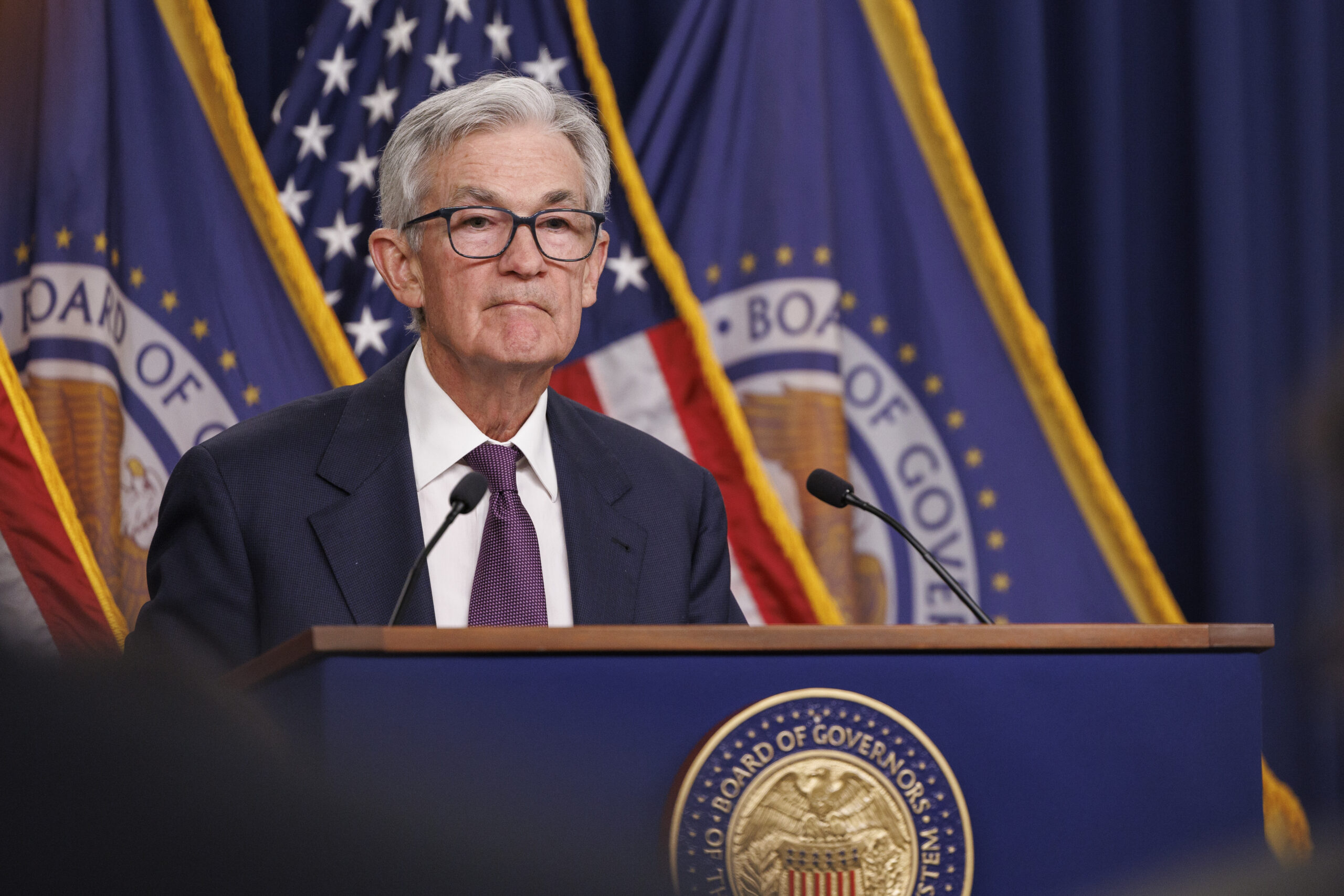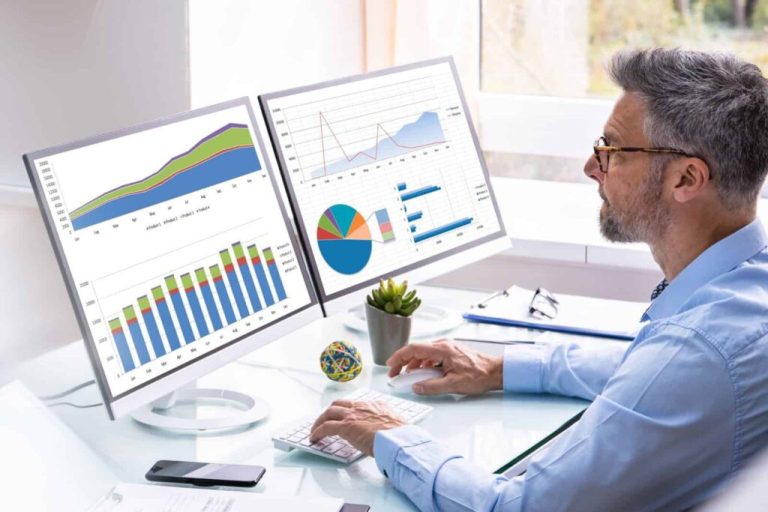Understanding the Global Economy in 2025: Trends, Challenges, and Opportunities
The global economy in 2025 stands at a critical crossroads. With rapid technological advances, geopolitical tensions, and evolving consumer behaviors, understanding the economic landscape is more important than ever.
This article explores the key trends shaping today’s economy, the challenges policymakers face, and the opportunities that individuals and businesses can seize to thrive in an uncertain world.
1. Technology and Automation Drive Economic Change
Automation and artificial intelligence (AI) continue to reshape industries. From manufacturing to services, businesses are increasing efficiency but also facing workforce disruptions.
Key points:
- Job roles are evolving, requiring new skills and adaptability
- Increased productivity can boost growth but may widen income inequality
- Governments and companies are investing in reskilling and education
2. Inflation and Supply Chain Realignments
Following the disruptions caused by the pandemic and geopolitical conflicts, inflation remains a concern. Supply chains are being diversified to reduce risks and increase resilience.
Current trends:
- Focus on local and regional sourcing
- Emphasis on sustainability in production and logistics
- Consumers facing higher prices but demanding value and quality
3. Green Economy and Sustainable Investing
Climate change is driving massive investments in clean energy and sustainable technologies. The green economy is becoming a pillar of growth and innovation.
Highlights:
- Expansion of renewable energy markets such as solar and wind
- Growth in green bonds and ESG (Environmental, Social, Governance) investing
- Transition challenges for traditional energy sectors
4. Shifts in Global Trade and Geopolitics
Trade relations are increasingly influenced by geopolitical strategies. Countries are balancing globalization with national security concerns, impacting tariffs, regulations, and partnerships.
Key developments:
- Rise of regional trade agreements
- Tech and data becoming central to economic policies
- Navigating tensions between major economic powers
5. Opportunities for Entrepreneurs and Small Businesses
Despite uncertainties, new markets and consumer demands open doors for innovation and entrepreneurship. Digital platforms and fintech solutions empower small businesses worldwide.
Tips for success:
- Leverage digital marketing and e-commerce
- Focus on niche markets and personalized products
- Build agile operations to adapt to rapid changes
Final Thoughts: Staying Informed and Adaptable Is Crucial
The economy in 2025 is dynamic and complex, with challenges intertwined with opportunities. By understanding key trends and preparing for change, individuals and businesses can position themselves to succeed.
Continual learning, flexibility, and strategic thinking are your best tools in navigating today’s economic landscape.






